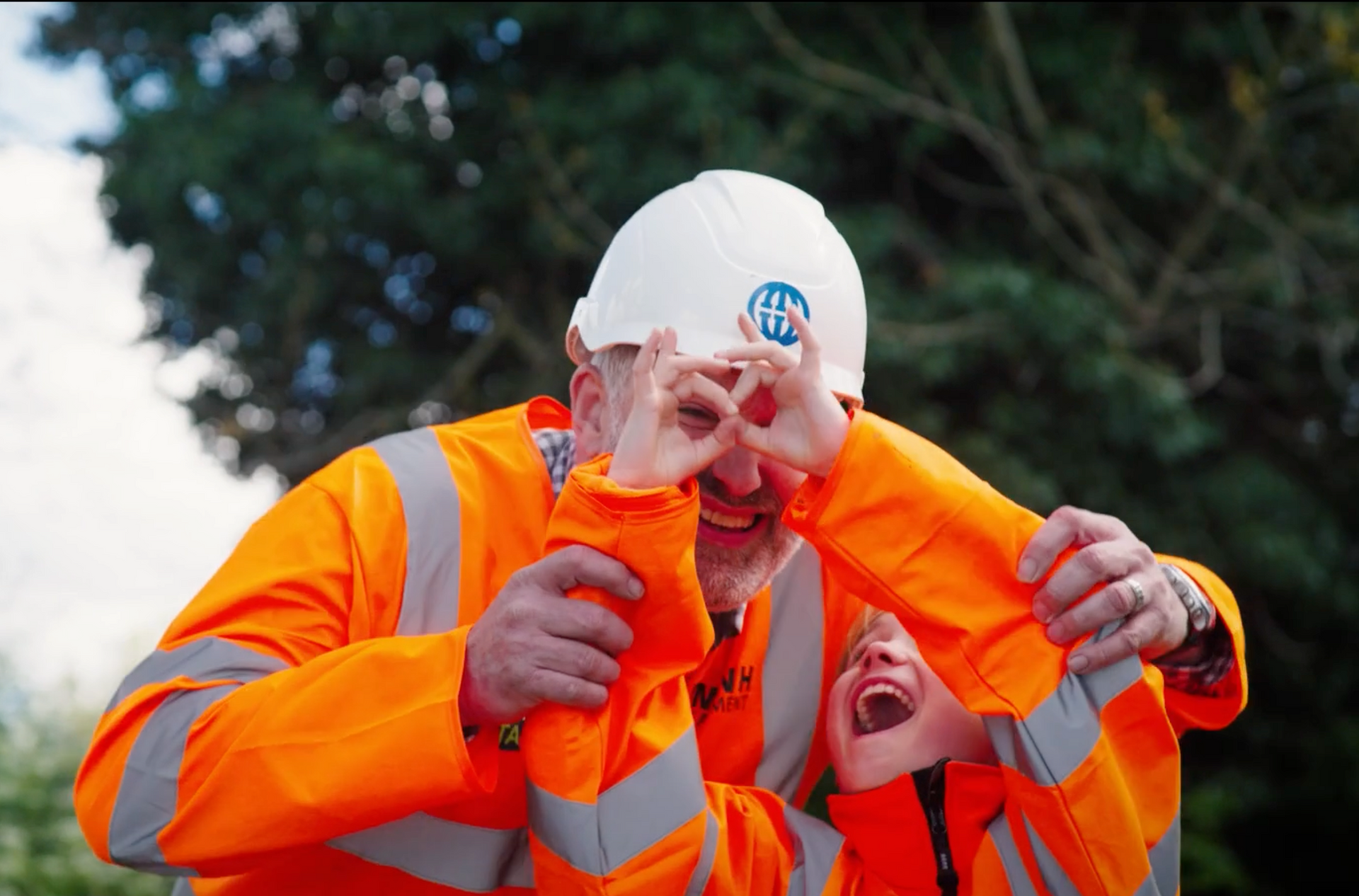How to Boost your On-Camera Confidence!
February 18, 2025
We love a challenge at CH, even after a big lunch on a Monday afternoon.
So we challenged ourselves to come up with the best quick fire tips for how to be your best on camera.
Here’s a 30 second brain dump from Producers Gary, Mads, Ash and Adam to help you shine! (Oh! Don’t forget to clean that lens either).
Gary:
- Three deep breaths before you start talking.
- Try not to feel paralysed by other people’s expectations.
- Find methods that help give you confidence in what you’re saying.
- Avoid ‘ums’ and ‘ahs’. C’mon now, speak like your mother taught you!
- If in doubt, look up ‘Media training’ using AI to help you prepare. Yes, I love AI.
Mads:
- Be yourself, show your personality!
- Be expressive and use your hands if you normally do.
- Feel prepared and know your script or questions beforehand, but don’t overprepare or memorise it.
- Pretend you’re talking to a friend down the pub. (Saying that we wouldn’t recommend getting in front of a camera after a pint or two, probably for the best!)
Ash:
- Smile and relax as much as you can.
- Be passionate but avoid over-exaggerating so you come across authentically.
- Check you’re happy with your make up, hair and clothes but avoid busy patterns!
- Keep looking at the camera or the person, don’t drift away. (Squirrel!)
Adam:
- Forget the camera is there, imagine you’re just talking to the person behind it.
- Don’t worry if you mess up, remember we have time for more takes so stay zen.
- Relax, slow down and take a second to settle yourself before you start, even after you hear ‘action!’
- A floating head isn’t a good look so if we’re filming on a green screen, don’t wear green.
Thinking about getting started with video? Let’s make something great together.
Get in touch today!
Share this post:
Recent posts

The Importance of Mental Health at Work Workplace mental health has never been more important. With increased awareness of stress, burnout, and mental well-being businesses are realizing that supporting their employees' mental health is not just ethical - it’s strategic. Studies show that poor mental health can lead to reduced productivity, increased absenteeism, and higher staff turnover, while a proactive approach promotes a more engaged, resilient, and motivated workforce.


